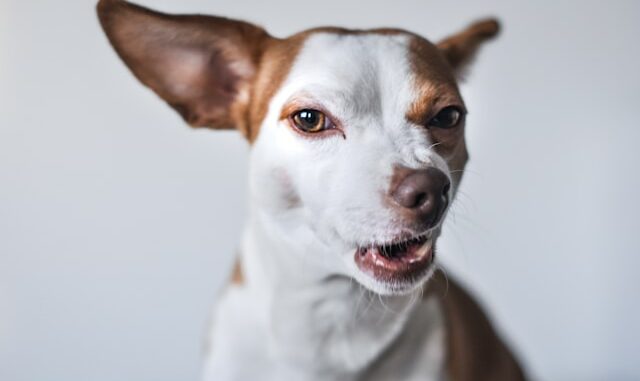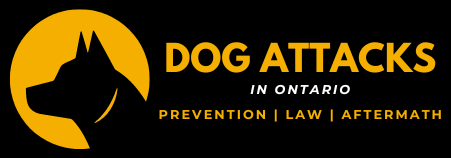
When a dog attacks or bites someone in Ontario, it not only causes harm to the victim but also raises questions about the dog’s behavior and the responsibilities of its owner. Under the Dog Owners’ Liability Act (DOLA), there are clear provisions outlining the consequences for dogs that attack or pose a risk to public safety. This article delves into what could happen to a dog that attacks under DOLA, shedding light on the legal implications and potential outcomes for both the dog and its owner.
The first step in addressing a dog that has attacked or bitten someone is to assess the severity of the incident and determine whether it poses an immediate threat to public safety. In cases where the attack results in serious injury or death, authorities may take immediate action to ensure public safety, which may include seizing the dog and initiating legal proceedings against the owner. Additionally, if the dog is deemed to pose a continued risk to public safety, it may be subject to euthanasia under certain circumstances outlined in DOLA.
However, not all incidents of dog attacks result in such severe consequences for the dog. In cases where the attack causes minor injuries or the dog’s behavior is deemed to be an isolated incident, authorities may opt for alternative measures to address the situation. This may include issuing warnings or penalties to the owner, requiring the dog to undergo behavior assessment or training, or imposing restrictions on the dog’s ownership, such as requiring it to be muzzled or kept on a leash in public.
Regardless of the severity of the incident, owners of dogs that attack or pose a risk to public safety are held accountable under DOLA. The act imposes strict liability on dog owners, meaning that they are automatically responsible for any harm caused by their pets, regardless of fault or negligence. This places the burden on the owner to ensure that their dog does not pose a risk to others and underscores the importance of responsible pet ownership.
In addition to legal consequences, owners of dogs that attack may also face civil liability for any damages or injuries caused by their pets. Victims of dog attacks have the right to seek compensation for their losses under DOLA, including medical expenses, rehabilitation costs, loss of income, pain and suffering, and property damage. By holding owners financially accountable for the actions of their pets, DOLA aims to provide restitution to victims and deter irresponsible ownership.
Moreover, dogs that have been involved in attacks may be subject to additional scrutiny and restrictions in the future. Authorities may require the dog to be registered as a potentially dangerous or vicious dog, which may entail additional requirements for ownership, such as obtaining liability insurance, displaying warning signs on the property, or adhering to specific containment measures. Failure to comply with these requirements may result in further legal consequences for the owner.
In conclusion, the consequences for dogs that attack under Ontario’s Dog Owners’ Liability Act can vary depending on the severity of the incident and the dog’s behavior. While some cases may result in severe penalties, including euthanasia, others may lead to alternative measures aimed at addressing the underlying causes of the aggression and promoting responsible ownership. By holding owners accountable for the actions of their pets and prioritizing public safety, DOLA seeks to prevent future incidents and ensure that both dogs and humans can coexist safely within Ontario communities.
